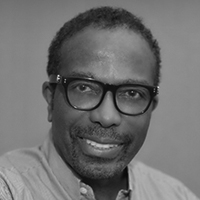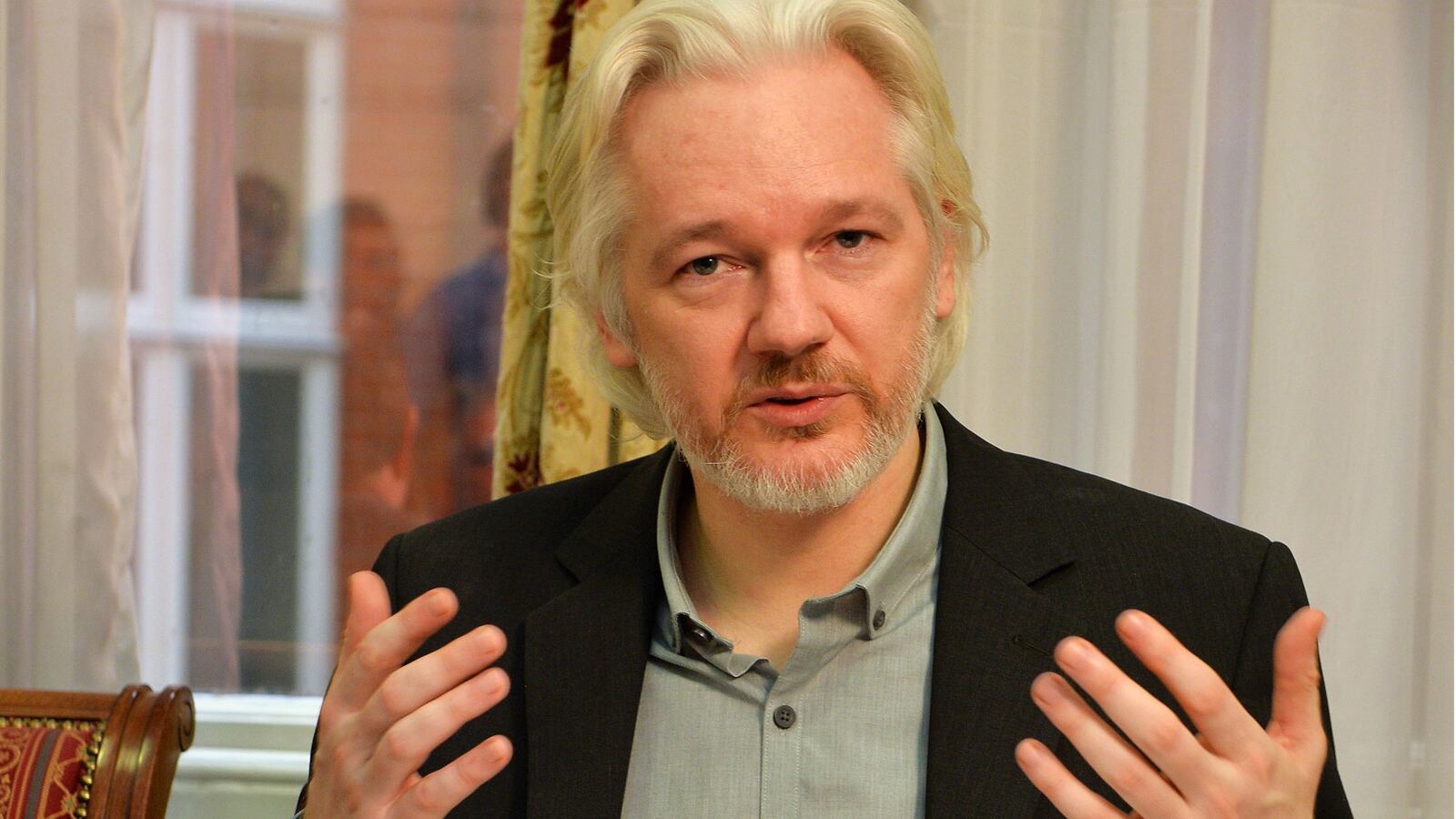The American journalist-lawyer is famous as the conduit for Edward Snowden’s sensational dump of National Security Agency classified documents that revealed a panoply of global surveillance programs, many run by the NSA with the collusion of various foreign governments and corporations. Now Glenn Greenwald has entered New Zealand politics, bringing a certain frisson to a general-election campaign already scalded by allegations of dirty tricks by assembling the all stars of the internet freedom movement—Edward Snowden and Wikileaks’ Julian Assange—alongside the larger than life, six-foot-seven Kim Dotcom, the Internet mogul whose party is running in the election, just in time for the upcoming vote.
While fighting extradition to the U.S on money-laundering and copyright infringement charges, Dotcom is also spending millions campaigning for his Internet Mana party, which is expected to win new seats in New Zealand’s parliament after the election on Saturday.
Never an advocate of dispassionate journalism, Greenwald appears to be throwing the weight of his latest revelations, which seek to discredit Prime Minister John Key and his National party, behind Dotcom’s campaign.
Citing documents provided by Snowden, the Rio de Janeiro-based Greenwald claims that in 2012 and 2013 the New Zealand government worked to implement mass surveillance of its citizens, in a program code-named Speargun, using the Government Communications Security Bureau (GCSB), a smaller version of the NSA, with a staff of 300 and budget of about $63 million.
Greenwald, who wrote prize-winning exposés based on Snowden’s documents, appeared at a packed panel discussion at Auckland Town Hall this week. Also on the dais were Dotcom, Dotcom’s American lawyer Robert Amsterdam, with WikiLeaks founder Julian Assange and Snowden appearing by videolink. Assange was in the Ecuadorean embassy in London, Snowden an undisclosed location in Russia. Greenwald, Assange and Snowden are well-known crusaders for privacy, Internet freedom and freedom from government spying on citizens, but their association with Dotcom, a controversial figure in New Zealand, has bemused some.
Key has admitted that the government indeed considered a mass-spying proposal after several cyber attacks, but that he halted the program because it made him “uncomfortable.”
Regardless, the government has not hesitated to try to taint Greenwald for the Dotcom connection, attacking the timing of the journalist’s revelations as suspicious coming days before the Saturday election, which is being contested by the Internet Party, founded by Kim Dotcom, who made a fortune through his IT companies Mega and Megaupload.
“I think the timing is incredibly regrettable,” New Zealand political commentator David Farrar tells The Daily Beast. “It’s the worst possible time to raise these issues. And it raises questions about the credibility of Kim Dotcom; of his allegations; and he has been deemed not credible. And the timing of [Greenwald’s] allegations and his association with Kim Dotcom are seen as suspicious.”
“It seems that this has become a cause for Greenwald. We don’t know what the association is; he says he’s not being paid, that he refunded his fee,” Farrar said.
Greenwald himself addressed the question directly at the panel discussion, dubbed “Moment of Truth.” First he denied any interest in whether Key and the National party win or lose—or whether Dotcom’s Internet Party gains some seats in the House of Representatives, where it currently has none.
“I have never evinced any interest at all” in which political faction wins, Greenwald told the audience of about 1,700. He indicated he had no prior affiliation with Dotcom, but explained that the Internet Party called him as an “expert in surveillance” to come talk about Snowden’s bombshell about the New Zealand spying. He said the party offered him his “standard fee” (reportedly $25,000), but that he insisted that the money be donated to charity. “I have not been paid and will not be paid a single penny,” he declared.
Nevertheless, doubts persist in Auckland and Wellington about the Greenwald-Dotcom linkup.
“Greenwald did come here under the aegis of [Dotcom],” says John Armstrong, political columnist for The New Zealand Herald. Armstrong hazards that Greenwald found common cause with Dotcom, the Internet Party, and their junior partner, the Mana Party, which represents the Maori people, noting that, “Mana has a number of radical/lefty activists high up in the party and they’re very credible people in this country.”
Kim Dotcom’s spokesman John Mitchell tells The Daily Beast there are no suspicious connections between Greenwald and his hosts. “People like Greenwald, Assange, Snowden, are very passionate about Internet freedom,” he says. “That’s the reason that involves bringing Greenwald to New Zealand. Kim’s case cuts to the heart of Internet freedom. It’s a natural connection. We do not live in a state-controlled world. That’s what these people are fighting for.”
For his part, Greenwald says he is “thrilled” that there’s someone in New Zealand—Dotcom—willing to support and fund an Internet Party in the face of a “serious menace to all sorts of political values.”
Mitchell says winning seats for the Internet Party on Saturday is not part of the calculus. “We’ve repeatedly said that’s not the case,” he says. “We’re a small party of people who are interested in these issues. It would have been irresponsible not to talk about this government before going to vote.”
Greenwald echoed that argument in his remarks at Auckland Town Hall, where he sat next to the burly Dotcom, whose laughter reverberated through the hall as the American spoke. Greenwald freely acknowledged that he is not “one of those journalists who insist they are free of opinions” or “neutral on the question of mass surveillance.”
Because he’s a journalist and “custodian of the Snowden archive,” Greenwald feels obliged “the best I can to report around the world in a way that informs people in the highest-impact way possible of what it is that their government has been doing to privacy and to Internet freedom, completely in the dark,” he said. He added that he was aware that his remarks come days ahead of a big election, which he said was appropriate because “that’s when the citizenry is most engaged.”
Greenwald says his time in New Zealand has been a “pure affirmation” of his role as a journalist. But while voters may feel they now know more about possible illegal or nefarious actions by their government it may all be for naught, come Saturday.
In this relaxed, charming, Anglophone nation, an earthquake occasionally hits, fans obsess on the All Blacks rugby squad—and political campaigns still tend to be decided on pocketbook issues.
“We don’t have any concerns,” says Rob Eaddy, spokesman for the UnitedFuture party. “There’s no evidence that suggests the GCSB has allowed any mass surveillance. “This is not the ‘game changer’ talked about.”
“New Zealanders are open-minded and outward-looking,” Eaddy said, “but having all these people effectively calling the prime minister a liar and saying the government is up to no good without proof likely just pissed them off.”
“If anything, it worked in favor of the National party gaining some more seats.”
The New Zealand Herald’s Armstrong agrees. “It might make people who might have stayed home come out and vote for Key,” he explains. Greenwald would say, however, that that’s not the point.






